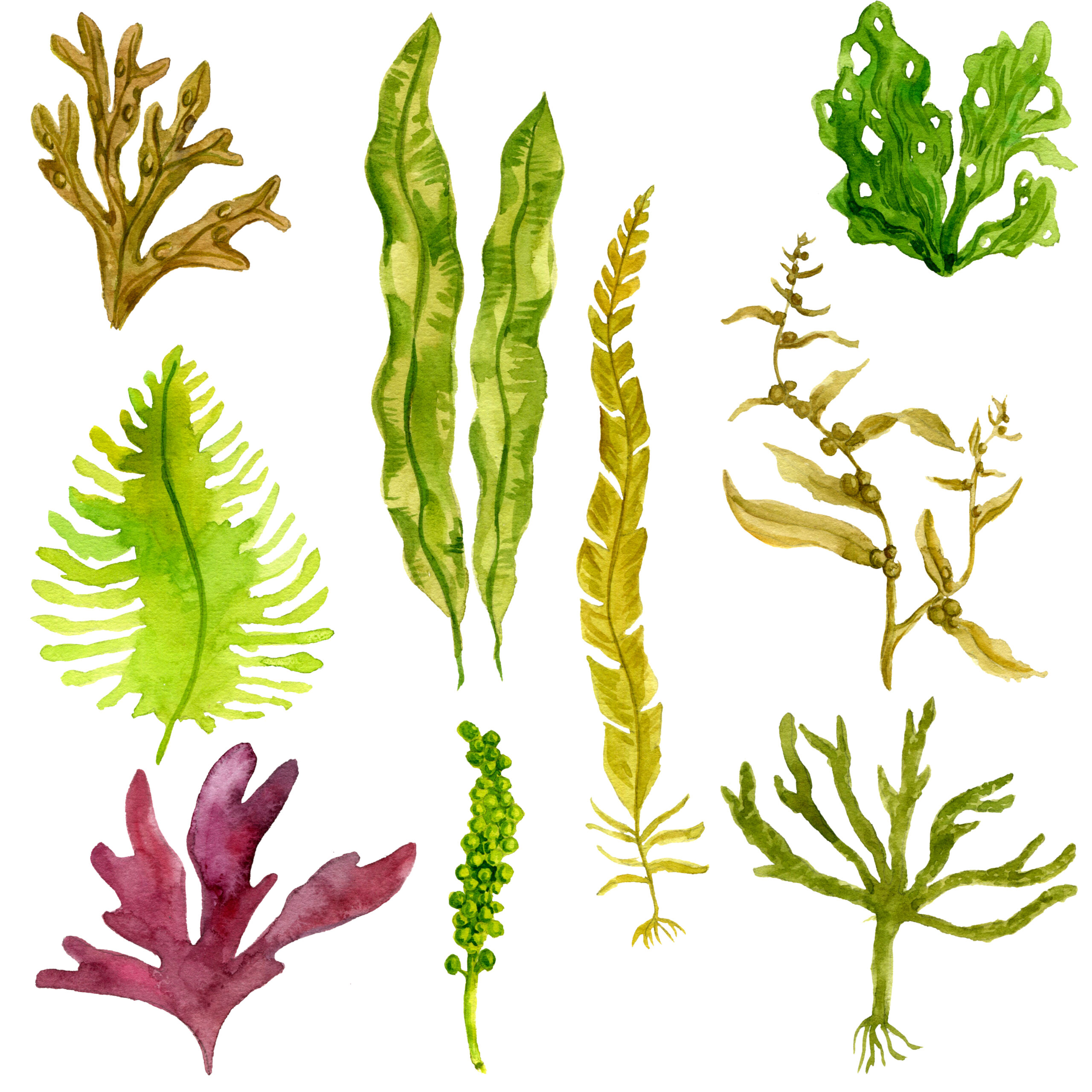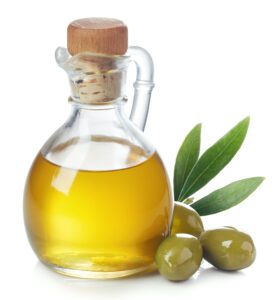Seaweed: Healthiest Vegetable on Land and Sea
September 18, 2018
 1085
1085 
We were all told as children to eat our vegetables. Most of us probably ended up spending far too much time sitting at the kitchen table until this seemingly slimy, yucky food group was swallowed down. Well, it’s a whole new century, a global world, and my how conceptions of vegetables have changed and expanded! More importance is being placed upon, and education surrounding, the actual nutrients contained in each vegetable. Secondly, the classification of a “vegetable” has now come to encompass seaweed, kelp, and algae.
Western cultures have been creeping toward appreciating the nutritional value of sea vegetables, which have remained the foundation of the Japanese and Korean diets for centuries but are just now starting to understand precisely why they are so vital.


Why Seaweed is Healthy
Pond Scum… Really!? Okay, so before I lose you, take a minute to appreciate the science behind, and value in, sea vegetables.
Did you know that sea vegetables, like algae, seaweed, and kelp, are much healthier than our land-based vegetables? Sea vegetables offer many health benefits from fighting off physically and mentally degenerative diseases, to relieving us of stress. Let’s dive more into this, shall we, as we discuss the potency of ocean aquatic vegetables.
So how much healthier is sea vegetables than our regular veggies? Well seaweed, for example, probably contains a more extensive assortment of minerals than any other plant on the planet, as it carries all the nutrients from the ocean. The Science community has proven that sea vegetables are 60 times more potent than their land-based counterparts.


By studying cultures such as Japan and Korea, they were able to make the correlation between seaweed-based diets to fewer incidences of obesity, diabetes, Alzheimer’s disease and other degenerative diseases in those cultures.
Sea vegetables offer perhaps the broadest range of minerals of any food. They contain practically all the nutrients found in the ocean and the very same minerals found in human blood. They are an excellent source of the B-vitamin folate, and magnesium, as well as a great source of iron, calcium, and the B-vitamins riboflavin, iodine, and pantothenic acid. Studies have shown that diets high in folate-rich foods are associated with a significantly reduced risk for colon cancer and birth defects.
Cultures that have more sea vegetables in their diets tend to have fewer occurrences of breast cancer, diabetes, and obesity. The minerals they carry help provide the support the body needs for many physiological functions. Seaweed has a large assortment of lignans, which hinders the process of blood cell growth, which prevents the growth of tumors in the body. And the pantothenic acid and two B-vitamins are crucial to producing energy.
The Health Benefits and Nutrition of Seaweed
Eating seaweed comes with plentiful health benefits.
The iodine we get from seaweed is also a building block in both thyroxine and triiodothyronine, our thyroid hormones. And in case you didn’t know, these hormones help regulate your body’s metabolic rate, triggers fat mobilization, as well as muscle and bone maintenance.
Eating seaweed can improve cardiac function, feed our nerves and muscles, reduce inflammation and lower blood pressure. Seaweed is also used to help lessen the side effects of radiation treatments for cancer. Algae and seaweed also contain many antioxidants crucial to fending off Alzheimer’s, dementia and Parkinson’s.
Seaweed contains impressive amounts of lignans, which are plant compounds that possess cancer-protective properties. Lignans have been shown to inhibit angiogenesis, or blood cell growth, the process through which fast-growing tumors not only gain extra nourishment but send cancer cells out in the bloodstream to establish secondary tumors or metastases in other areas of the body.


Let Seaweed Untangle Your Stress
Seaweed also has been proven to provide support through stressful situations by supplying magnesium, pantothenic acid and riboflavin–two B-vitamins necessary for energy production. Pantothenic acid is particularly vital for the health of the adrenal glands.
The adrenals control many body functions and play a critical role in resistance to stress. When supplies of necessary nutrients like pantothenic acids are inadequate, stressful times are more prone to tax the adrenal glands resulting in chronic fatigue, reduced resistance to allergies and infection, and a feeling of being overwhelmed or overly anxious.
Anxiety eats away at our adrenal levels, resulting in fatigue if we don’t keep up with a healthy supply of pantothenic acid. The magnesium and tryptophan in seaweed can help loosen your muscles assist in making serotonin, neurotransmitters made in your brain and stomach that help elevate mood.
Where to Buy Seaweed
If you’re game, try adding more sea vegetables to your diet. When they come with this much physical and mental health perks, why not? Seaweed and sea vegetables can be found in either their natural form at health food and grocery stores. And by now, who doesn’t love sushi or Japanese cuisine? Next time you go out for sushi, I’d suggest getting a seaweed salad to accompany it! Or maybe some seaweed snacks when you’re feeling a tad peckish.
Texture or taste too much for you, but you still want to reap the health benefits of eating sea vegetables? No worries. There are several supplements that contain the same minerals and vitamins. If you want to keep an eye out, look for any supplements that might contain spirulina, kelp, blue algae or Irish moss.
And Eat Your Seaweed!


In recent years, the quality and authenticity of olive oil have come under scrutiny, with shocking revelations about widespread fraud in the industry. A groundbreaking episode of the popular news program “60 Minutes” shed light on this issue, exposing a disturbing trend of adulteration in many well-known olive oil brands The “60 Minutes” Investigation The […]


The American food system is facing a critical challenge that has been decades in the making. A regulatory loophole from the 1950s has allowed food companies to operate with minimal oversight, potentially exposing consumers to thousands of untested chemicals in their daily diets. This situation has created a significant public health concern that demands immediate […]


This is outrageous and a serious threat to the human brain! Look at these headlines! Recent scientific studies have revealed alarming evidence of nanoplastic accumulation in various human organs, with the most shocking findings related to the brain. A preprint study from early 2024 found particularly concerning levels of microplastics in human brain samples Brain […]